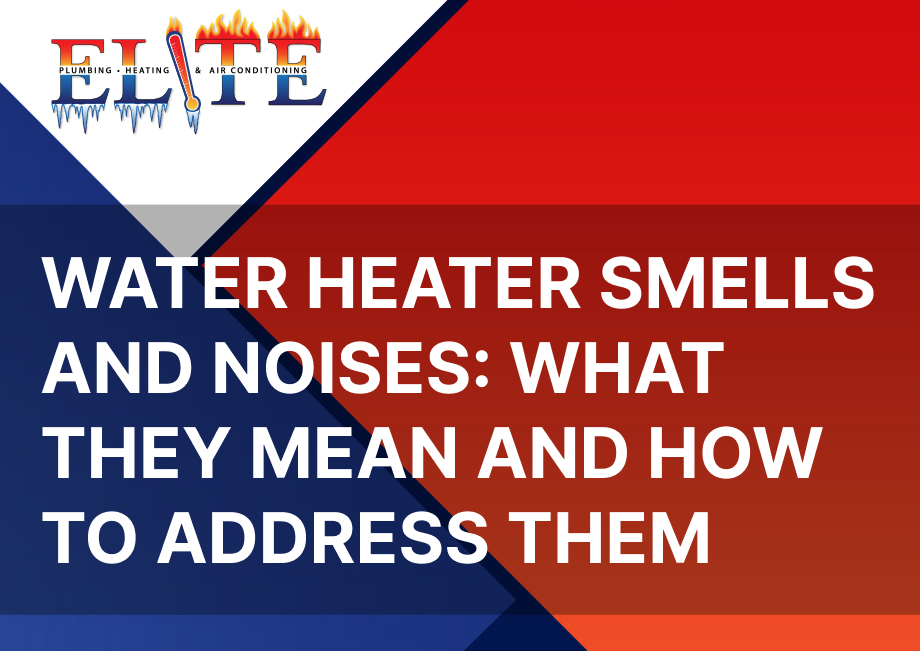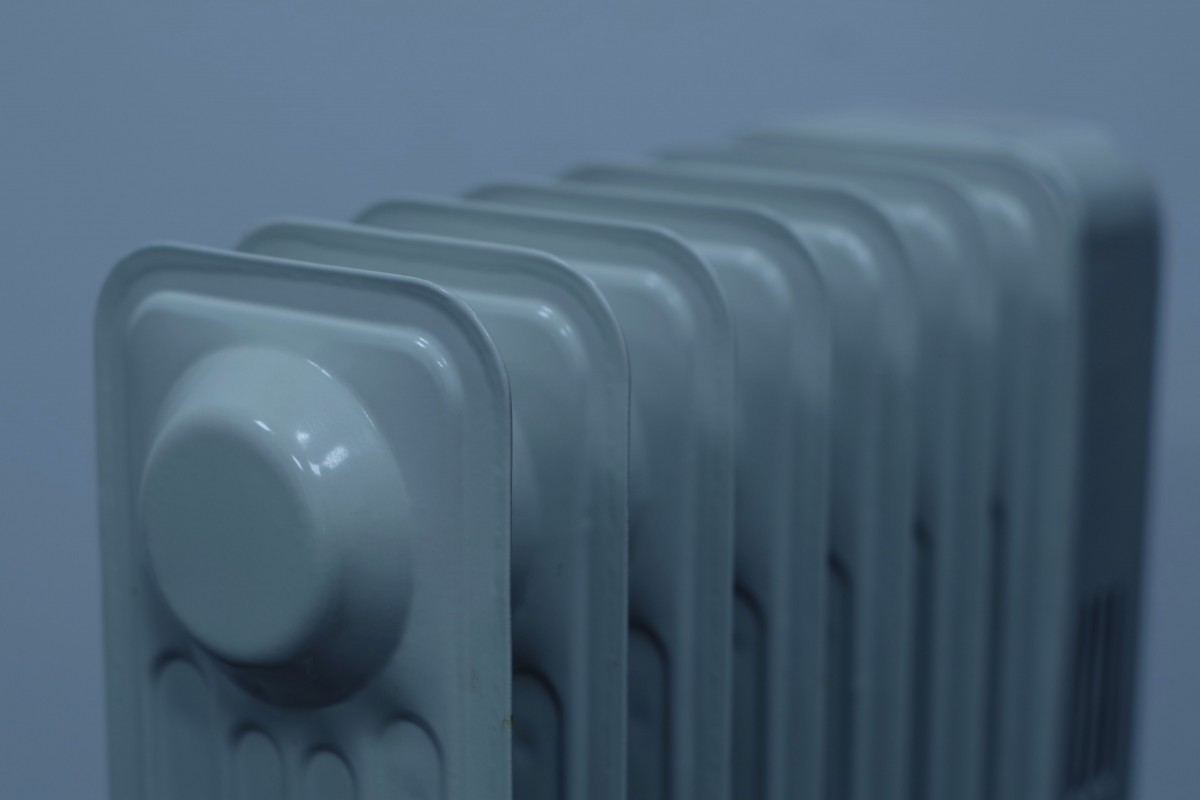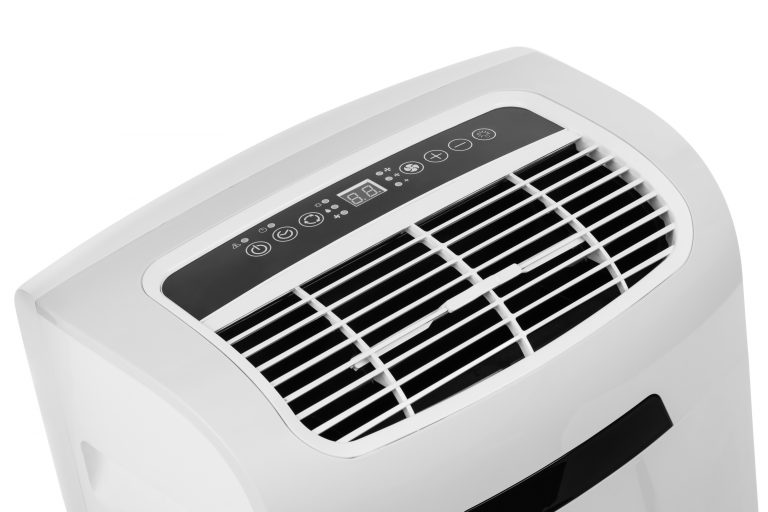Water Heater Smells and Noises: What They Mean and How to Address Them
Water heaters are essential appliances in any home, providing hot water for daily needs. However, when unusual smells or noises come from your water heater, it may signal underlying problems. Ignoring these signs could lead to costly repairs or even replacements. In this guide, we’ll discuss what these odors and sounds might mean and how to address them effectively.
Common Water Heater Smells and Their Causes
- Rotten Egg Smell
Cause: The rotten egg smell is usually due to the presence of hydrogen sulfide gas in the water, caused by bacteria reacting with the magnesium or aluminum anode rod inside the water heater.
Solution:
- Flush the water heater to remove sediment buildup.
- Replace the anode rod with a zinc or aluminum-zinc alloy rod, which is less likely to produce odors.
- Use a water treatment system to reduce bacterial growth.
- Burning or Overheated Smell
Cause: This smell often indicates a wiring or electrical issue. The insulation around the wires may have burned due to overheating.
Solution:
- Turn off the water heater immediately and inspect the electrical components.
- Call a professional technician to replace damaged wiring.
- Metallic Smell
Cause: A metallic smell usually points to corrosion inside the tank or the presence of heavy metals in the water.
Solution:
- Flush the tank to remove debris and sediment.
- Inspect the water heater for rust and replace it if corrosion is extensive.
Unusual Water Heater Noises and Their Causes
- Popping or Banging Sounds
Cause: These noises are often caused by sediment buildup at the bottom of the tank, which traps water bubbles and creates popping sounds as the heater runs.
Solution:
- Drain and flush the water heater to remove sediment.
- Install a water softener to prevent future sediment buildup.
- Sizzling or Hissing Sounds
Cause: This typically indicates a water leak onto the heating element, causing steam to form.
Solution:
- Inspect the tank and fittings for leaks.
- Replace the damaged heating element or faulty gaskets.
- Hammering or Knocking Sounds
Cause: Known as water hammer, this occurs when water flow is suddenly stopped or redirected, causing pressure waves.
Solution:
- Install a water hammer arrestor.
- Adjust the water pressure to a safe level.
Preventive Maintenance Tips for Water Heaters
- Regular Flushing: Flush the tank every six months to remove sediment buildup and improve efficiency.
- Inspect the Anode Rod: Check the anode rod annually and replace it if it’s heavily corroded.
- Adjust the Temperature: Keep the temperature at 120°F to prevent overheating and bacterial growth.
- Check the Pressure Relief Valve: Ensure the valve is functioning correctly to avoid pressure-related issues.
When to Call a Professional
While many minor water heater issues can be resolved with DIY efforts, persistent smells or noises often require professional attention. Issues like corroded tanks, faulty wiring, or extensive sediment buildup are best handled by experts to ensure safety and efficiency.
Final Thoughts
Unusual smells or noises from your water heater shouldn’t be ignored. By identifying the cause and addressing the issue promptly, you can prevent costly repairs and ensure your water heater remains in top condition. For reliable water heater repair, trust Elite Plumbing, Heating & Air Conditioning. Our experienced technicians are here to help with all your water heater needs. Call us today at 702-263-2665 to schedule a service!
SCHEDULE YOUR FREE ESTIMATE
We Provide Expert Air Conditioning Services in Las Vegas, NV






